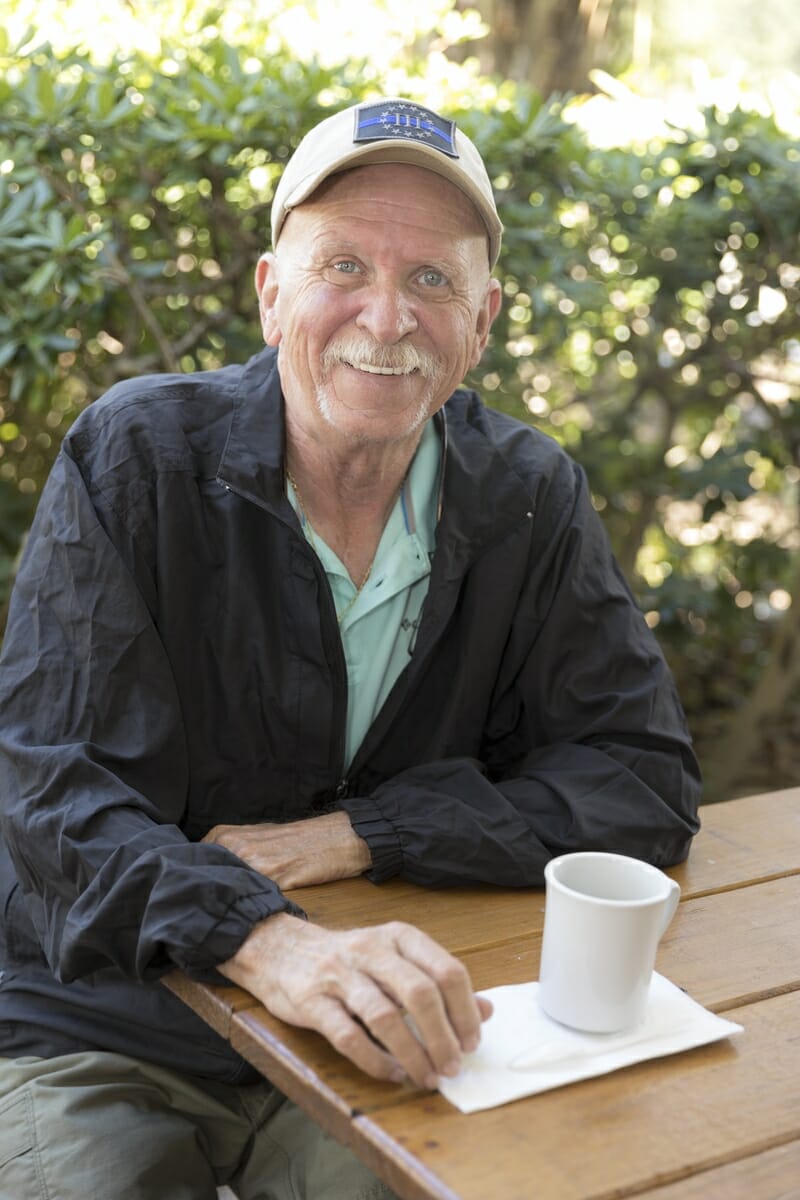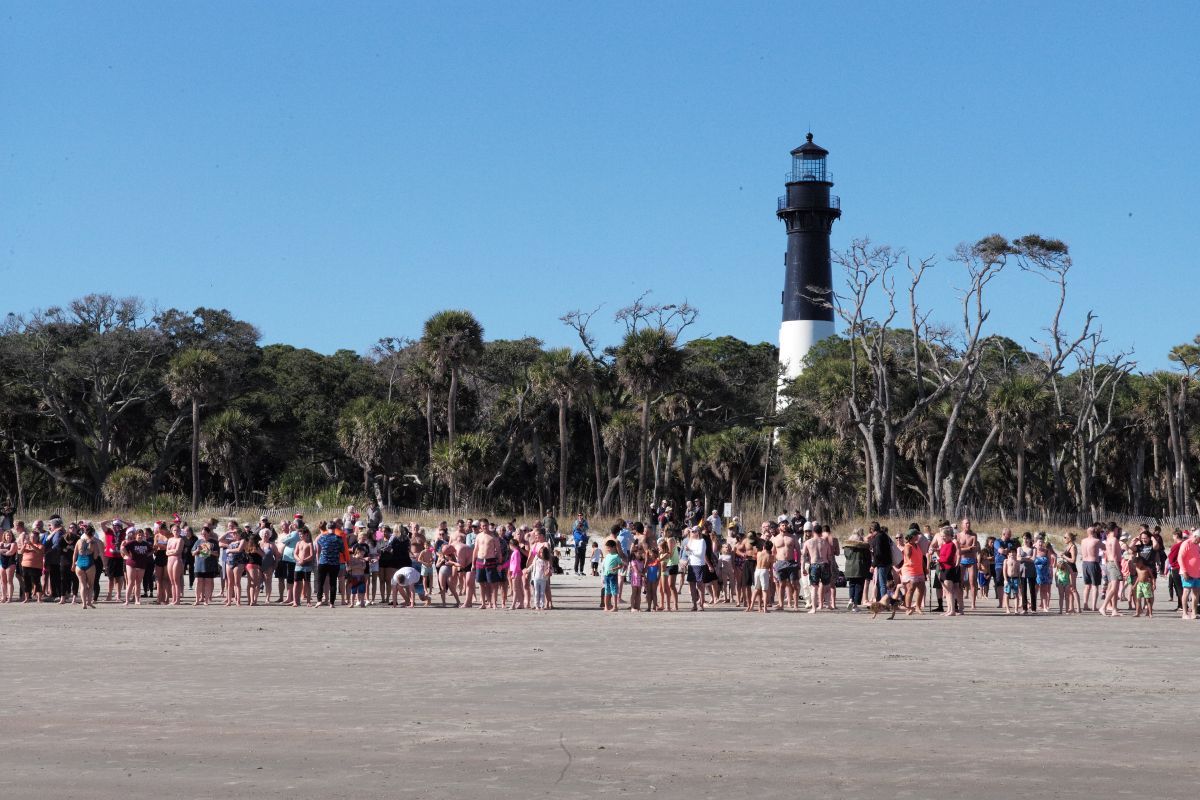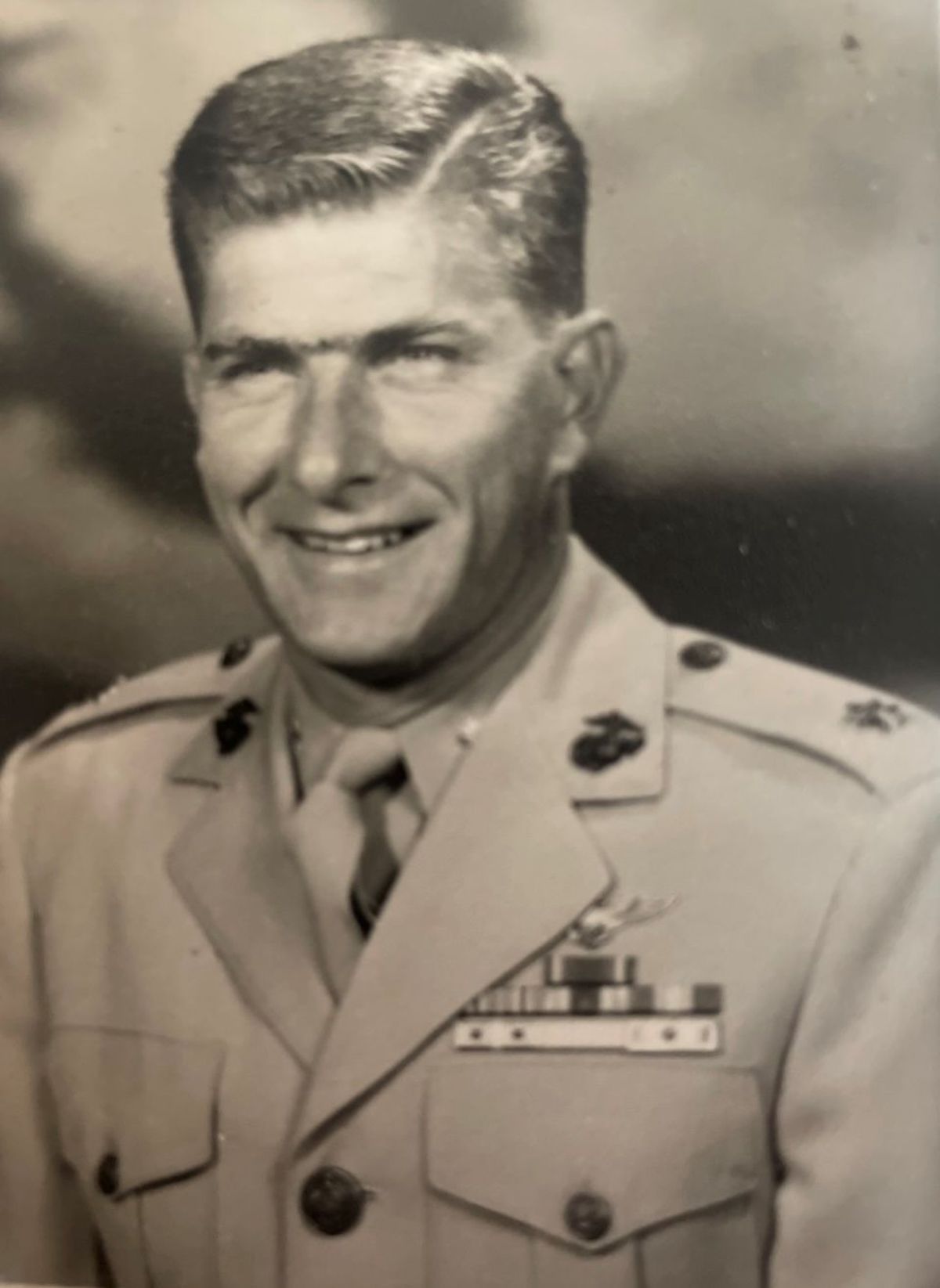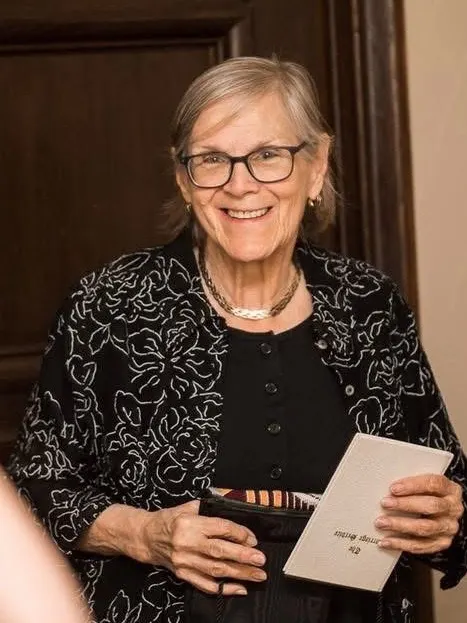Photo above: Mike Binkowski, a smoker of 50 years, is a survivor of lung cancer. Photo by Paul Nurnberg.
By Marie McAden
They say timing is everything. For Mike Binkowski, it was lifesaving.
A heavy smoker for more than 50 years (“Back then, there were no warnings on cigarettes,” he said. “All my friends were doing it, so I did it too.”), Binkowski has had chest X-rays every couple of years to check for cancer. Following his annual physical this spring, his primary care doctor, Steven Kessel, sent him to Beaufort Memorial Hospital (BMH) for another of the preventive imaging tests.
Lucky for him, BMH had just begun using low-dose computed tomography (LDCT) for lung cancer screening. Endorsed by both the American College of Radiology and the U.S. Preventive Services Task Force, it provides a more detailed image than X-rays and is better at finding small, abnormal areas in the lungs.
“There have been multiple instances where you look at the chest X-ray and you don’t see any pulmonary nodules,” said Beaufort Memorial board-certified radiologist Dr. Eric Billig. “You look at the CT scan and there’s a significant-sized pulmonary nodule.”
While all of Binowski’s past X-ray screenings had come back negative, this time the LDCT revealed a tiny spot on the upper right lobe of his lungs. A needle biopsy confirmed the 1.6-centimeter lesion was malignant. A follow-up PET scan showed the cancer had not spread to any other tissue.
“I was blessed it was caught at an early stage,” said Binkowski, a former Marine and retired Beaufort police officer. “It saved the quality of my life.”
Since the cancer was contained to the one spot in his lung, Beaufort Memorial board-certified oncologist Dr. Majd Chahin recommended he undergo a minimally invasive lung resection at the Medical University of South Carolina (MUSC), Beaufort Memorial’s partnering tertiary hospital. He would not need chemotherapy or radiation.
“It was less than a month and a half from the time I found out, until I was cancer-clear,” Binkowski said. “They really worked fast to get it diagnosed and treated.”
BMH is one of the first hospitals in the area to offer the new lung cancer screening – the only diagnostic medical test clinically proven to reduce lung cancer mortality in current and former heavy smokers.
“Approximately 85 percent of lung cancer deaths are attributed to smoking,” said Matthew Hurtt, Beaufort Memorial’s advanced imaging manager and LDCT program coordinator. “Early detection is especially important with lung cancer because by the time you have symptoms of the disease, the cancer has usually metastasized and is much more difficult to treat.”
Scientists have found annual screenings using a low-dose chest CT can reduce the risk of lung cancer death by 20 percent in current and former heavy smokers, compared to those who were screened using a chest X-ray. The test is quick, painless and easy, can be performed in the clothing you are wearing and requires no medication, needles or dietary restrictions. Medicare Part B and most health insurance plans cover the cost of the test once per year.
Because smoking is such a major risk factor for lung cancer, annual LDCT screening is recommended for those 55 to 77 years of age who currently smoke or have quit within the past 15 years and have a smoking history of at least 30 “pack years” – equivalent to smoking a pack a day for 30 years or two packs a day for 15 years.
As for Binkowski, he can now spend his time enjoying retirement — although not one to sit around doing nothing, the 68-year-old Beaufort resident works as a part-time security officer at Dataw Island.
Married to his wife Michele — a survivor herself of metastatic melanoma — for 35 years, he likes to listen to audio books and cross-stitch in his spare time.
“I find it relaxing,” he said. “If Rosie Greer can crotchet, I can cross-stitch.”
Binkowski credits the lung cancer screening with saving his life and compelling him to quit smoking for good. He gave up cigarettes the day of his diagnosis and now when he gets the urge to light up — sometimes after a cup of coffee with his son or his friends — he pops a mint in his mouth instead.
“I’ve tried a thousand times over the years, but this scared me,” he said of the cancer diagnosis, “and that’s what it took.”
For more information on the new LCDT lung cancer screening program, visit www.BeaufortMemorial.org or call 843-522-LUNG (5864).
November: Lung Cancer Awareness Month
Did you know that lung cancer kills more people than breast, prostate and colon cancer
combined?
The biggest risk factor for this disease is smoking, resulting in approximately 85 percent of all lung cancer cases in the United States.
If you smoke and have had trouble quitting, sign up for the American Lung Association’s “Freedom from Smoking,” considered the gold standard in smoking cessation programs. Classes are offered at Beaufort Memorial Hospital.
Call 843-522-5570 for a schedule of upcoming sessions.





